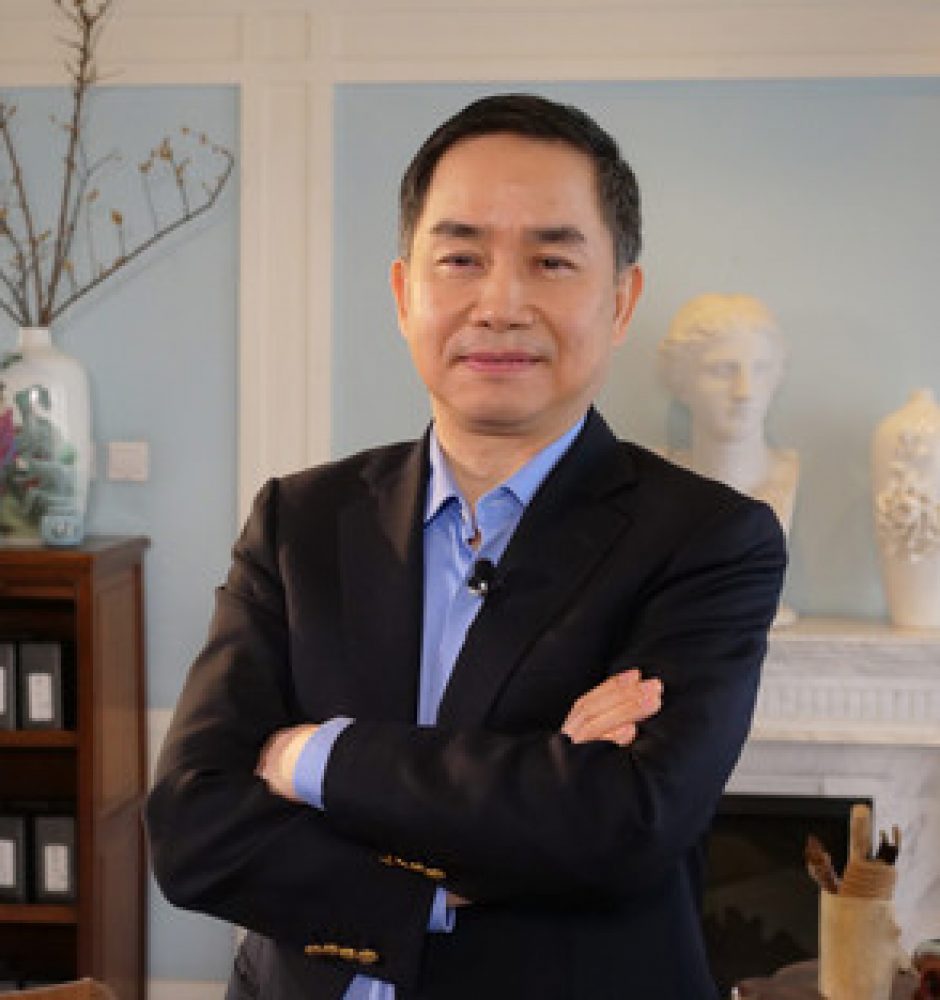“Third-quarter numbers will likely disappoint more and underperform the second quarter’s 4.7 per cent year on year growth, piling on Beijing’s woes,” said Chen Zhiwu, chair professor of finance at the University of Hong Kong. “This is why Beijing has been proactively introducing stimulus at the end of the third quarter.

3910 3079 / 3917 1271
KK 1338
EY survey: Chinese EV makers must overcome trust gaps to win global buyers. 35% Asia-Pacific & 30% Europe won't buy Chinese EVs due to lack of trust. Prof. Zhiwu Chen says trust reflects broader China perceptions.
Chinese authorities are chasing unpaid taxes from companies and individuals dating back decades, as the government moves to plug massive budget shortfalls and address a mounting debt crisis. “When business owners are feeling insecure, how can there be more private investment growth in China?” said Chen Zhiwu, a finance professor at the University of Hong Kong’s business school. “An economic slowdown is inevitable.”
The shrinking salaries of China’s financial professionals have made the jobs in this sector losing lustre. Prof. Zhiwu Chen, Chair Professor of Finance at HKU Business School, commented that such pay cuts may drive away skilled financial professionals, and depress supply of risk capital and other financial services. He said, “[Over time], tech start-ups and the real economy will also suffer if there is fewer risk capital and financial products to support them.” China’s financial industry used to be providing generous salaries to bankers and financial brokers in a push to incentivise performance and internationalise operations. Prof. Chen said that a market-oriented way is better than top-down directives to decide compensation for financial professionals. “China needs to loosen regulations, increase competition to drive down the price of financial services [to benefit people and businesses],” he said.
Hong Kong is winning back wealthy people thanks to the city’s policy initiatives including tax concessions, top talent visa and residency programs, and the establishment of Family Office Hong Kong. Hong Kong’s assets under management grew 2.1% to HK$31 trillion (US$4 trillion) in 2023. Driven by a strong performance of private banking and wealth management, net fund inflows jumped more than 3 times to nearly HK$390 billion last year. While Singapore stepped up efforts to combat money laundering, it has seen a major shift from the pandemic years since Hong Kong relaxed the quarantine rules and reopened the border with efficient transportation to mainland China cities. Prof. Zhiwu Chen, Chair Professor of Finance at HKU Business School, said the mainland billionaires’ enthusiasm for setting up family office business in Singapore has waned, as they prefer less government checks to their personal wealth. “If Singapore would do as many checks and tighter regulations as the mainland, then why would they want to go there?” Prof. Chen said.
Investment bankers at China International Capital Corp. are pledging their loyalty to the Chinese Communist Party amid reshaped the business and cultural landscape in China. Prof. Zhiwu Chen, a chair professor in finance at HKU Business School, said, “There has been a political redefinition of finance.” He added, “The future of CICC is that there’s no more CICC in a few years’ time”.
Physical bank branches and ATMs have seen their numbers dwindling as the public embraces e-payment platforms and financial institutions cut costs. Chen Zhiwu, chair professor of finance at the University of Hong Kong, said, “The banks have found it unnecessary to add branches as they reduce costs.” A refocus on mobile payments among other online transactions, he said, “has in effect served to reduce face-to-face services at banks”.
通過量化歷史資料,我們可以看到整個中國社會大致的發展趨勢和不同時期主要發展的主旋律。
Prof. Zhiwu Chen, Chair Professor of Finance at HKU Business School, commented, "In China, government policy is always crucial for private companies, both on their way up and now on their way down. Now, many private businesspeople understand that both economic and political reforms have to go hand in hand; without one, the other cannot sustain in the long run."





